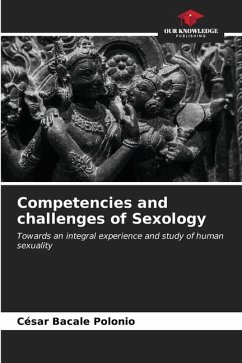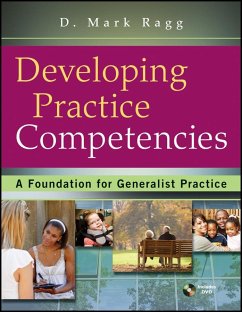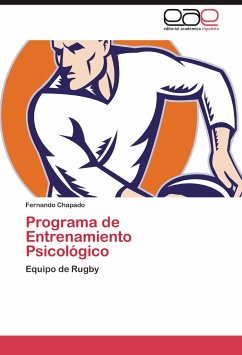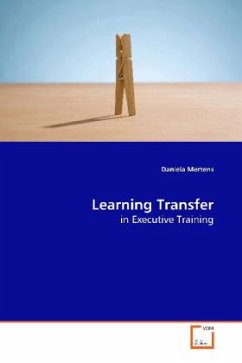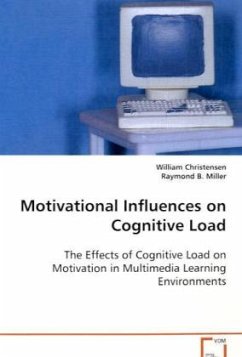
Team Competencies
Novel Training and Assessment Methods for Intermediate Schoolboy Rugby Players
Versandkostenfrei!
Versandfertig in 6-10 Tagen
39,99 €
inkl. MwSt.

PAYBACK Punkte
20 °P sammeln!
By the time schoolboys enter Key Stage 4 (14-16yrs) it is likely that the majority of those who play rugby football have participated in countless hours of repetitive, non-specific rugby drills. With little room for variation of practice, it is not surprising that in its annual playing audit, the Welsh Rugby Union repeatedly reports a decrease in the player base upwards from youth level. Research into increasing participation was imminent. This study considered the use of novel training and assessment methods, including transfer of skill from non-rugby activities, such as football, basketball ...
By the time schoolboys enter Key Stage 4 (14-16yrs)
it is likely that the majority of those who play
rugby football have participated in countless hours
of repetitive, non-specific rugby drills. With
little room for variation of practice, it is not
surprising that in its annual playing audit, the
Welsh Rugby Union repeatedly reports a decrease in
the player base upwards from youth level. Research
into increasing participation was imminent. This
study considered the use of novel training and
assessment methods, including transfer of skill from
non-rugby activities, such as football, basketball
and netball. Variation in task and a mixed-method
approach to coaching ensured that motivation was
constantly high in the participants. The provision
of constant stimulation should facilitate a longer
and more enjoyable, and ultimatley more successful
participation in the chosen sport.
it is likely that the majority of those who play
rugby football have participated in countless hours
of repetitive, non-specific rugby drills. With
little room for variation of practice, it is not
surprising that in its annual playing audit, the
Welsh Rugby Union repeatedly reports a decrease in
the player base upwards from youth level. Research
into increasing participation was imminent. This
study considered the use of novel training and
assessment methods, including transfer of skill from
non-rugby activities, such as football, basketball
and netball. Variation in task and a mixed-method
approach to coaching ensured that motivation was
constantly high in the participants. The provision
of constant stimulation should facilitate a longer
and more enjoyable, and ultimatley more successful
participation in the chosen sport.




